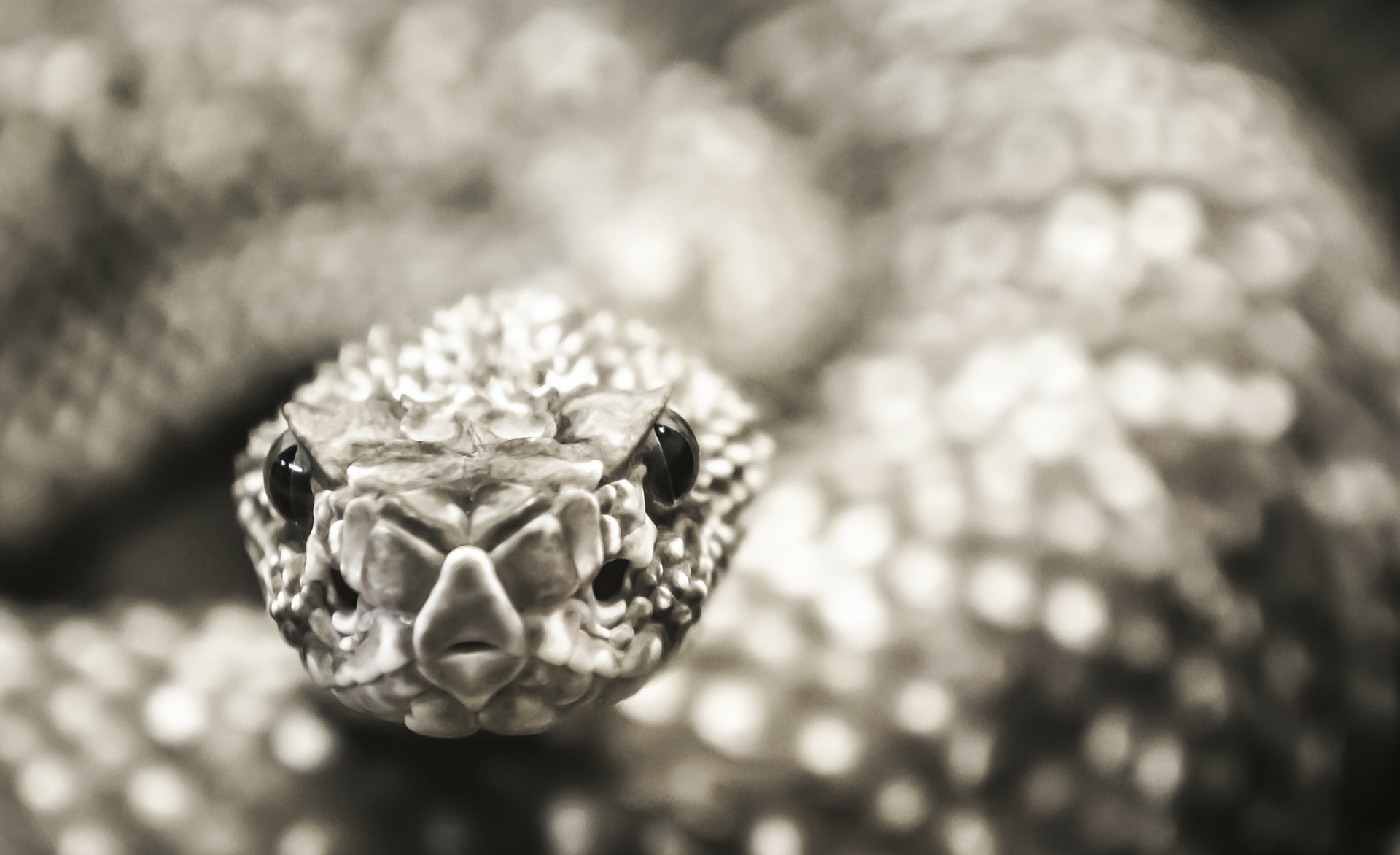Don’t let rattlesnakes rattle you

First of all, you will be reassured to know that the chances of dying of a bite from a rattlesnake in the United States are about one in ten million.

When rock climbing and hiking in the United States, you are likely at some time to come across a rattlesnake. They lurk at cliff bases on the top of rocks and in crevices. Quite often you may pass one without even noticing it.

Most snakes are pretty well camouflaged. If undisturbed, they prefer to keep to themselves. Rattlesnakes have unfairly earned a rather bad reputation for the few incidents that have been reported. Most of the time they prefer to stay away from humans, with good reason.
Besides, humans are too big for them to make a meal of. Unless they are startled or threatened, such as stepping on them or surprising them, they would far rather ignore us and carry on with their own affairs or just bask in the sun.
Statistics

In the United States, over 7000 people get bitten by snakes every year with only about 12 fatalities. These are predominantly from pit vipers and other venomous snakes such as copperheads, cottonmouths or water moccasins. Pit vipers are so named for the ‘pit” between their eyes and nostrils which they use to find prey by sensing heat.
Of the 120 species of snakes found in the United States, only 20 of these are venomous. Also, out of the 50 states, only Alaska and Hawaii are totally free of snakes.
The bite

In the unlikely event of you getting bitten, chances are that the bite will be a dry bite. This is when the snake does not sink its fangs into your skin, as these fangs are hollow and retractable. A snake will be aware that you are too big to eat, biting you could very well damage their fangs, so they bite with their teeth folded back which warns you off.
Follow this link to find out what to do if you get bitten by a snake.
Hiding place

As a hiker, you should be familiar with the types of places where snakes are likely to be found. They generally stay close to places where they are likely to catch prey or bask in sunny spots where they can warm up.
They like rocks in the sunshine, particularly where other snakes, lizards, and small rodents are plentiful. Watch carefully where you place your hands or feet when tackling rocky terrain.
Be aware

Keep your eyes open for snakes in heaps of dead vegetation, piles of rocks and fallen tree logs. Always watch where you place your feet. If you are hiking through thick undergrowth, a long snake stick will afford some protection. With it, you can probe areas in front of you before taking a step.
Avoid contact

Never attempt to pick up a snake, as this will surely guarantee you’re going to get bitten. Do not, however, kill snakes that you encounter on your hike, as you are visiting their home and these snakes belong in the outdoors.
Make sure you follow this link if you want to find out how to prevent a snake bite.
If you have any comments then please drop us a message on our Outdoor Revival Facebook page
If you have a good story to tell or blog let us know about it on our FB page, we’re also happy for article or review submissions, we’d love to hear from you.
We live in a beautiful world, get out there and enjoy it.
Outdoor Revival – Reconnecting us all with the Outdoor
